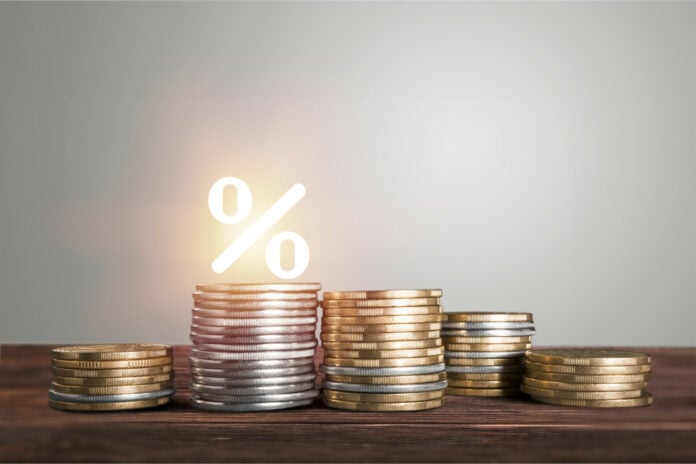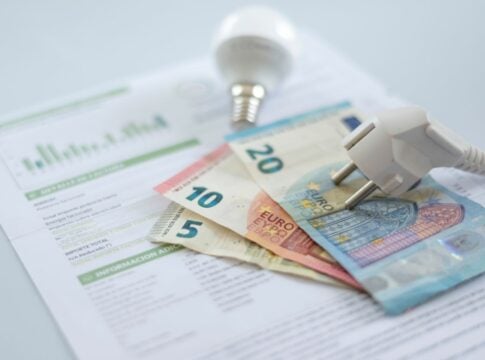The increase in the cost of servicing the public debt leads to a deterioration in the general government’s balance sheet due to the side effects of interest rate increases by the European Central Bank.
Interest paid on public debt is expected to reach 3.3% of GDP in 2023 while multi-year records in the global bond market are causing concern with the Public Debt Management Agency (PDMA) preparing “countermeasures” to avoid further deterioration.
More specifically, the government revised the target for this year’s primary surplus, setting the bar at 1.1% from 0.7%. It estimates that it will produce a primary surplus of 2.56 billion euros by the end of the year at the general government level against a target for a surplus of 1.668 billion euros.
At the level of the general government balance sheet, the target is being revised downwards and this is due to the increase in public debt service interest. The balance sheet of the general government will close with a deficit of 4.81 billion euros compared to the initial forecast for a deficit of 4.46 billion euros. In other words, despite the fact that the primary surplus appears to improve by 900 million euros compared to the target, the final result worsens by approximately 350 million euros.
Meanwhile, PDMA has the following “tools” at its disposal:
1. The activation of SWAPs, i.e. hedging contracts of interest rate risk which have now begun to yield profits in contrast to previous years which recorded “losses.”
2. Early debt repayments with the use of cash reserves. Priority has been given – after the repayment of the IMF – to the repayment of the bilateral loans contracted by the country (the so-called GLFs). This is a debt balance of 44.8 billion euros.














